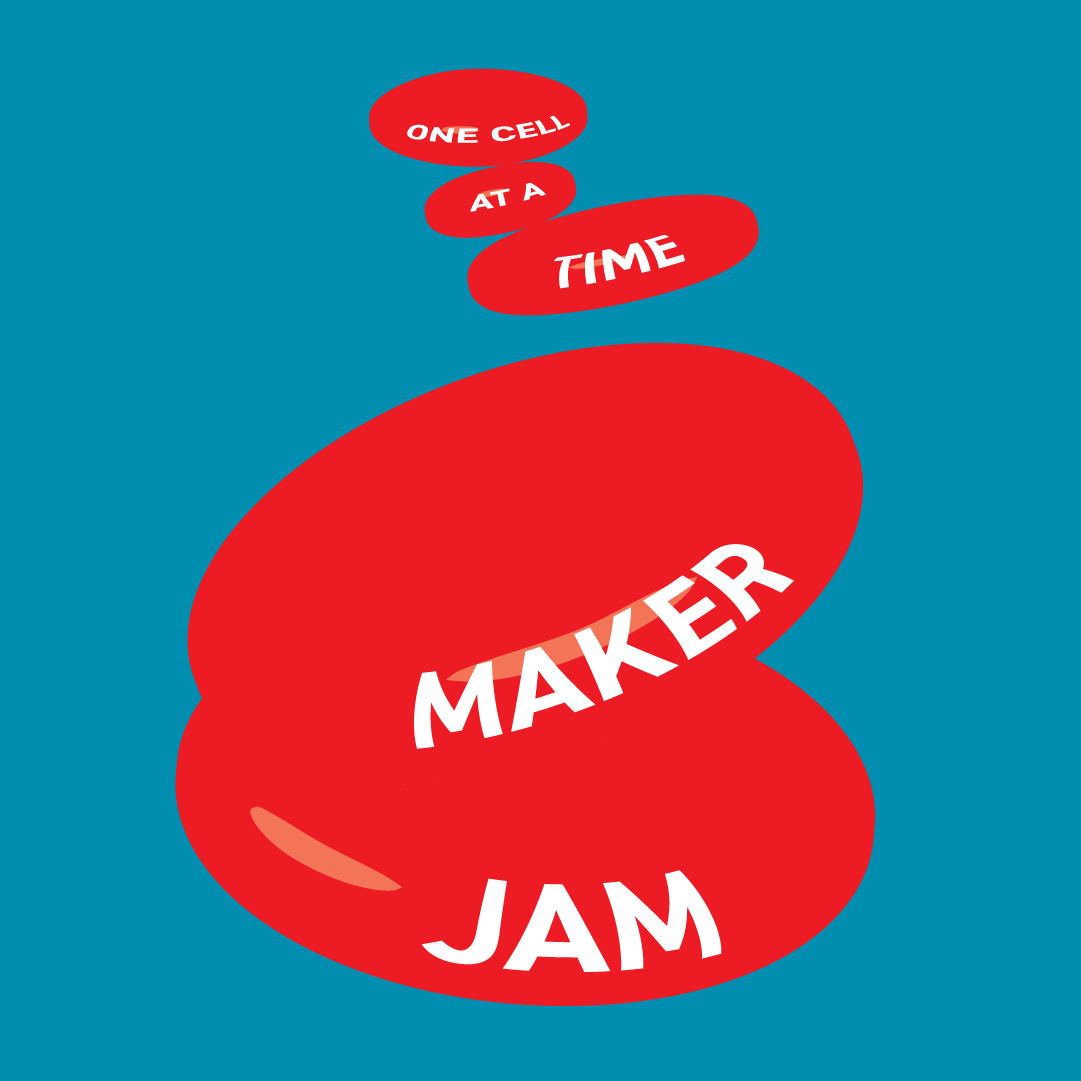To create comprehensive reference maps of all human cells—the fundamental units of life—as a basis for both understanding human health and diagnosing, monitoring, and treating disease.
ArtSci Salon III: Donating Ourselves/Our cells
Chaired by Cambridge Biorespository for Translational Medicine (CBTM), Cambridge University
Wednesday 9 June 2021
Donating Ourselves/Our cells will consider how we can deepen public understanding and build trust in scientific research in an uncertain and precarious world. This session brings together scientists working on the Human Cell Atlas project, as well as artists who use tissue donated specifically to create art. Together they will interrogate the barriers that exist when the public is asked to consider donating their tissue for research. We will consider how Art-Sci collaborations can offer new ways to approach complex issues such as; permission and consent, agency and ownership, bias and ethics, storage, access and legacy.
About this series:
Human Cell Atlas: ArtSci Salons is an online space that aims to bring artists together with scientists working on the Human Cell Atlas initiative through critical dialogue, cross-disciplinary exchange, networking and collaboration. Through a curated series of flexible and experimental online discussions and public conversations, we will welcome our ArtSci community, partners, collaborators, colleagues, friends and anyone else who would like to join us to share their thoughts and help shape a post-pandemic future in which scientists, artists and wider society can thrive.
Recording:
Speakers and Panelists
Oron Catts is an artist, researcher, designer and curator whose pioneering work with the Tissue Culture and Art Project which he established in 1996 is considered a leading biological art project. In 2000 he co-founded SymbioticA, a biological art research centre at The University of Western Australia. Under Catts’ leadership SymbioticA has gone on to win the inaugural Prix Ars Electronica Golden Nica in Hybrid Art (2007) the WA Premier Science Award (2008) and became a Centre for Excellence in 2008.
Catts interest is Life; more specifically the shifting relations and perceptions of life in the light of new knowledge and its applications. Often working in collaboration with other artists (mainly Dr. Ionat Zurr) and scientists, Catts has developed a body of work that speaks volumes about the need for new cultural articulation of evolving concepts of life. Catts’ ideas and projects reach beyond the confines of art; his work is often cited as inspiration to diverse areas such as new materials, textiles, design, architecture, ethics, fiction, and food. His work was exhibited and collected by museums such as MoMA NY, Centre Pompidou, Mori art Museum, NGV, GoMA, Yerba Buena Center for the Arts, San Francisco, Ars Electronica, National Art Museum of China and more.
Holm Uhlig is Professor of Paediatric Gastroenterology in the Translational Gastroenterology Unit, University of Oxford and Honorary Consultant, Children’s Hospital Oxford. After his medical training in Leipzig, Germany, he did a DPhil in Oxford and a Medical residency in Germany. Holm’s research focuses on the genetic and immunological basis of inflammatory bowel disease. He sees patients with monogenic forms of intestinal inflammation in the clinic and aims to improve diagnostics and translate understanding of mechanisms into treatments.
As part of the Oxford team of the Human Cell Atlas, Holm is interested in understanding the cellular basis of inflammatory conditions such as inflammatory bowel disease and coeliac disease where breakdown of barrier function and immune tolerance towards intestinal bacteria and food antigens cause chronic disorders in children and adults.
Gina Czarnecki’s art is about human form and function, developments in biotechnology, the intertwining histories of medicine, myth, history and ethics. She has made numerous artworks over the last three decades that deal with the human body, newcomers into living systems, tissue donation and classifications of ability/disability/super-ability, combining the biological how we feel the world with far more personal and sensual observation of how we touch and express ourselves in it. Her work generally is collaborative and has been developed with leading biomedical scientists, musicians, dancers, programmers and has had significant public outcomes in art, science and mainstream press.(Natural history Museum, BBC, The Today Programme Radio 4, the Lancet, New Scientist etc) and for diverse audiences by creating multiple levels and entry points in my work as well as working directly with community and specialist advisors. Her work has been exhibited internationally at, for example, Brisbane International Arts Festival, Ars Electronica Lumiere, Sundance & Solo exhibitions include ‘Humancraft ‘moving image Centre, New Zealand, (2005) retrospective show at the Bluecoat (2010), Medical Museion Copenhagen 2016. I received a Creative Scotland Award (2002) Fleck Fellowship Banff (2004) Best Australian/New Zealand Dance Film (2005) and numerous other prizes.
As the Senior Study Manager for Cambridge Biorespository for Translational Medicine (CBTM), Krishnaa oversees the day-to-day running of the repository ensuring it is able to support projects that stimulate and facilitate translational research proposals utilising human tissue and promote research that will ultimately improve the quality of healthcare for patients. Her role is supported by a CZI funded grant, and with the support of the NIHR Cambridge Biomedical Research Centre she is working to expand the collaborative capacity of the repository to support multidisciplinary and collaborative research projects involving key institutions in Cambridge and beyond such as the global endeavour – the Human Cell Atlas.
